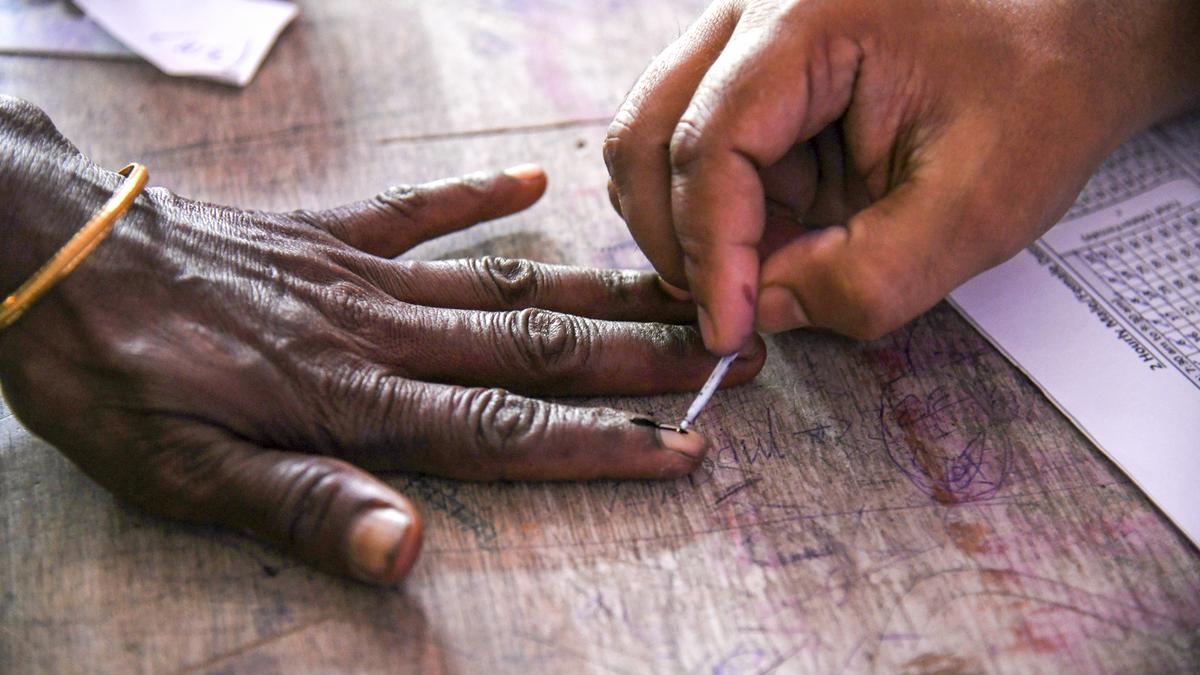Author and Mahatma Gandhi’s great-grandson Tushar Gandhi on Friday asked how Prime Minister Narendra Modi would realise his ‘Beti Bechao, Beti Padhao’ (Save girl child, educate girl child) slogan at a time when the Sangh Parivar was felicitating the convicts in the Bilkis Bano gang rape case.
On the felicitation accorded to the 11 convicts by Hindu right-wing groups, Mr. Gandhi said he was happy to see that such things were happening because the true character of the Sangh was being revealed to Indians. “Now, it is up to the Indians whether to react to this with horror, or react with joy and applause. It is going to be a reflection of what India has become today. That should be what we need to be worried about,” he told The Hindu in a chat.
Mr. Gandhi was in the city to deliver the Dakshayani Velayudhan Memorial Lecture organised by Pranatha Books and the Ernakulam Public Library.
Maintaining that he was not surprised that the people of the Sangh had responded in such a manner, Mr. Gandhi said it was true to their character, belief, and ideology. “They would behave that way. I am happy that this is happening because hypocrisy was the thing that was getting them legitimacy. If they are honest, then we can respond in a similar fashion to them,” he said.
Tushar Gandhi with Meera Velayudhan, daughter of Dakshayani Velayudhan, at the Dakshayani Velayudhan memorial lecture at the Ernakulam Public Library on Friday.
| Photo Credit: THULASI KAKKAT
On the Prime Minister’s Independence Day address in which he mentioned V.D. Savarkar along with Mahatma Gandhi, Subhas Chandra Bose, and B.R. Ambedkar as four leaders whom Indians must remain eternally grateful to, Mr. Gandhi said there was nothing to be surprised when the Prime Minister gave precedence to Savarkar as he was the only icon the Sangh could claim. “As far as the country being eternally grateful to Savarkar, the country is grateful to all Indians who contributed to the freedom movement. If the Prime Minister thinks that an apology to the British is a great contribution to India’s freedom, I think he needs to be educated,” he said.
Describing that the increasing popularity for hate in the country was what was most worrying for him, Mr. Gandhi said, “We seem to be thriving on hatred. We do not see it as a potential danger. You want to see it as a thing to celebrate. Look at the heinous act of the killing of a young boy in a school [Jalore, Rajasthan] for the sin of drinking water from a vessel that was reserved for an upper caste teacher. It spoiled the Independence Day celebration for me, as I could not get myself to rejoice. But to the majority, it seemed like the incident did not matter at all, as everybody was seen going gaga about the 75th year of Independence.”
Mr. Gandhi said it was shocking and shameful on the Prime Minister’s part that he stood up on the Red Fort and glorified Savarkar but did not utter one sentence to pay homage to the child, let alone condemn the crime. “Otherwise, he is well-known for shedding tears. The nation is not mourning the murder of the child. That is the dangerous symbol of new India, which we all should be worried about,” he said.






